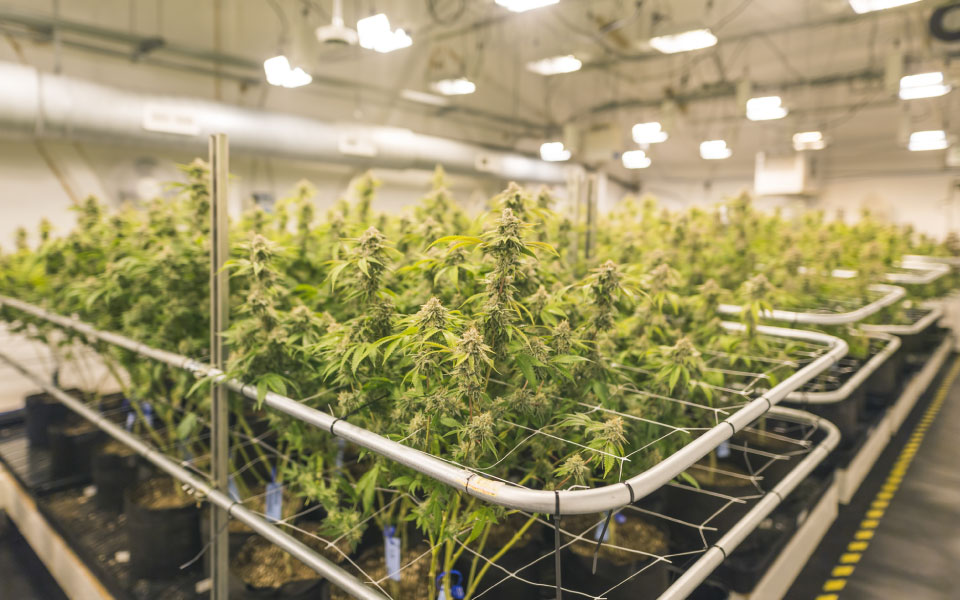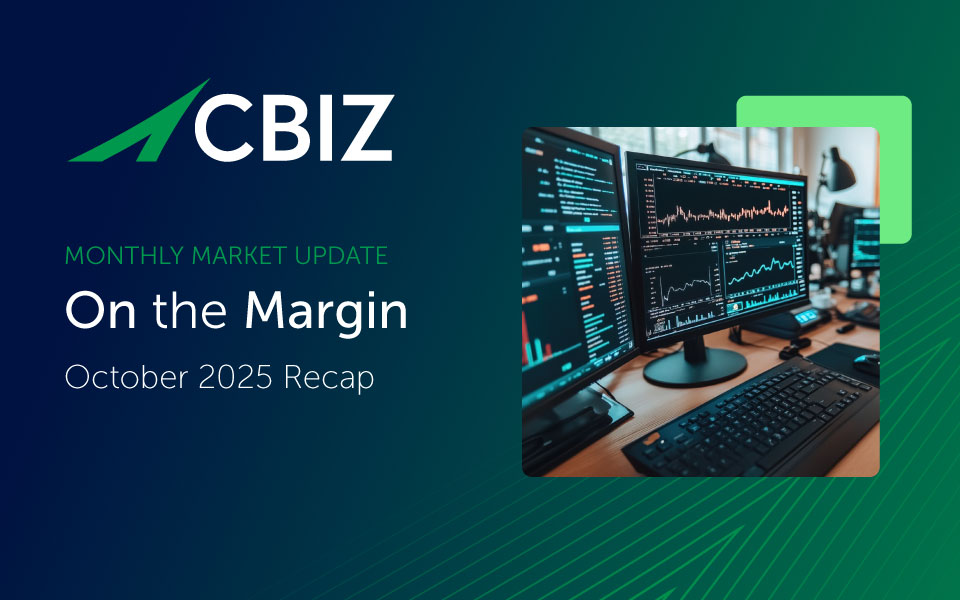The One Big Beautiful Bill Act (OBBBA) brought about a lot of changes for a variety of industries and companies when it got passed on July 4, 2025, and the cannabis industry was no exception.
New rules for hemp products, especially those made with cannabinoids, could potentially lead to hemp getting regulated more like cannabis. If that happens, we could see some big changes in the way hemp is grown, sold, and used across the Country.
Since it became legal to grow in the U.S. back in 2018, the hemp industry has really taken off. Farmers across the country started planting hemp, and new companies popped up to turn the plant into all sorts of products including clothing, paper, building materials, and even food and health products. The industry has brought in jobs, sparked innovation, and created new opportunities for businesses both big and small. With all this growth, though, new questions have come up about how hemp should be regulated.
Speculation and Concerns About Hemp’s Legal Status
Because of the OBBBA changes, hemp will now be treated more like cannabis under law as opposed to the more relaxed rules it had before. What does this mean? This will change how the law defines legal hemp. In the past, the law only counted the amount of delta-9 THC in hemp, and if it was under 0.3 percent, it was considered legal. Now, under OBBBA, that 0.3 percent cap includes all types of THC, such as delta-8, delta-10, and THCA. This change means a lot of products that used to be legal hemp could now be treated as illegal cannabis.
The new law also cracks down on any cannabinoid products that are made or changed outside the plant, such as most delta-8 or delta-10 items. On top of that, if a product has any “quantifiable amount” of THC or other cannabinoids that have similar effects, it could be banned. The tricky part is that the law does not spell out exactly what “quantifiable amount” means, so health officials will have to decide how to measure it. Because of this, many hemp-based products could end up being pulled from shelves.
There is still an exception for what is called industrial hemp. This includes hemp grown for fiber, grain, certain foods, or research purposes. However, even for these products, it is not clear exactly how the new THC limits will be enforced.
And it’s not just at the federal level where things are changing. A lot of states are taking matters into their own hands too. This year alone, lawmakers in at least 19 states have introduced bills to regulate or ban hemp-driven cannabinoid products. They’re mostly worried about safety, products getting into the hands of minors, and how all of this affects regulated cannabis markets. Right now, 42 states already have some kind of law or executive order that regulates, restricts, or bans these products (Brosnan & Brosnan, 2025).
Real-World Effects of Hemp
There are a lot of ways these changes could impact the industry, but it is hard to deny hemp’s influence on the economy, the environment/society, and cannabis industry at large.
The hemp industry has become a major part of the economy, and Texas is a great example of that growth. It brings in about $5.5 billion in annual sales and an estimated $268 million in tax revenue each year. Retail revenue has seen impressive growth, rising from $3.3 billion in 2023 to $4.3 billion in 2025. This positive economic impact isn’t limited to Texas. States like Colorado, Kentucky, Oregon and Montana have also seen thousands of new jobs in farming, processing, manufacturing, and retail related to hemp.
Beyond the economy, hemp brings a lot of environmental benefits. It does a great job of soaking up carbon dioxide from the air, which can help fight climate change. Its deep roots are good for the soil because they prevent erosion and even help clean up polluted ground. Most types of hemp do not need a lot of pesticides or herbicides, and the crop usually uses much less water as compared to other similar plants. According to the National Industrial Hemp Council, the hemp industry could have a $16 billion influence on the U.S. economy by 2027. Farmers are also drawn to hemp because “it is an efficient and cost-effective crop to grow, with a yield of up to four times more than cotton per acre” (Financial, 2023). Using hemp to make things like clothes, paper, and even building materials helps cut down on the use of less sustainable resources.
But even with all of these positives, it is important to remember that growing hemp, especially for CBD, can be both expensive and time consuming. Farmers face high costs, unpredictable markets, and a lot of manual work to keep their crops healthy and bring them to harvest. (Economic Prospects of Industrial Hemp Production: What Does It Mean for Louisiana?, 2019)
The OBBBA’s Ripple Effect on the Cannabis World
With the One Big Beautiful Bill Act now in place, the entire cannabis industry is facing some big changes. The OBBBA brings hemp and marijuana much closer together in the eyes of the law, as many hemp-derived products that contain THC or similar compounds might be regulated just as strictly as marijuana. This is meant to address worries about safety, especially with unregulated products and the risk of them getting into the hands of minors. At the same time, it brings a lot of new challenges for farmers, small businesses, and people throughout the supply chain who have gotten used to the more relaxed rules.
In the end, the OBBBA is meant to make things clearer and safer, but it also means there is a lot of uncertainty ahead for the hemp side of the cannabis industry. One thing is certain: hemp’s many uses and its influence on the economy will remain a key part of the conversation as the industry moves forward.
© Copyright CBIZ, Inc. All rights reserved. Use of the material contained herein without the express written consent of the firms is prohibited by law. This publication is distributed with the understanding that CBIZ is not rendering legal, accounting or other professional advice. The reader is advised to contact a tax professional prior to taking any action based upon this information. CBIZ assumes no liability whatsoever in connection with the use of this information and assumes no obligation to inform the reader of any changes in tax laws or other factors that could affect the information contained herein. Material contained in this publication is informational and promotional in nature and not intended to be specific financial, tax or consulting advice. Readers are advised to seek professional consultation regarding circumstances affecting their organization.
“CBIZ” is the brand name under which CBIZ CPAs P.C. and CBIZ, Inc. and its subsidiaries, including CBIZ Advisors, LLC, provide professional services. CBIZ CPAs P.C. and CBIZ, Inc. (and its subsidiaries) practice as an alternative practice structure in accordance with the AICPA Code of Professional Conduct and applicable law, regulations, and professional standards. CBIZ CPAs P.C. is a licensed independent CPA firm that provides attest services to its clients. CBIZ, Inc. and its subsidiary entities provide tax, advisory, and consulting services to their clients. CBIZ, Inc. and its subsidiary entities are not licensed CPA firms and, therefore, cannot provide attest services.















